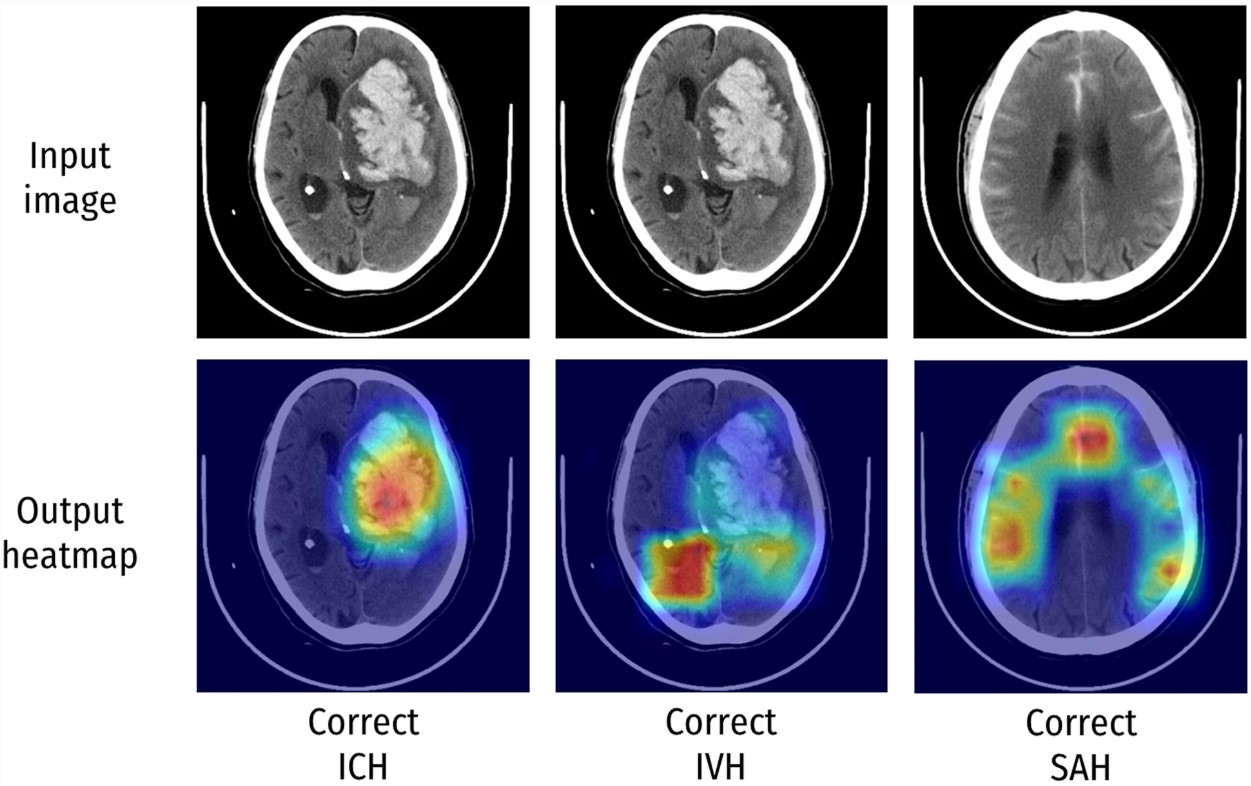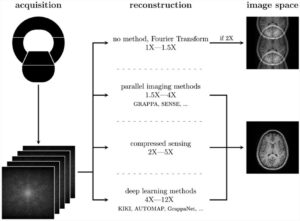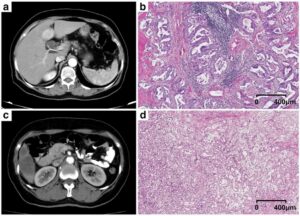This study evaluates deep learning (DL) algorithms that are playing an increasingly important role in automatic medical image analysis. The DL algorithm used was trained and externally evaluated on open-source, multi-centre retrospective data that contained radiologist-annotated non-contrast CT head studies. The authors concluded that the DL model has applications in a triage role with the potential to improve diagnostic yield and efficiency of CT reporting, resulting in expediting treatment and improving outcomes for intracranial haemorrhage.
Key points
- The deep learning model detected intracranial haemorrhages on computed tomography with high accuracy.
- Image preprocessing, such as windowing, plays a large role in improving deep learning model performance.
- Implementations which enable an analysis of interslice dependencies can improve deep learning model performance.
- Visual saliency maps can facilitate explainable artificial intelligence systems.
- Deep learning within a triage system may expedite earlier intracranial haemorrhage detection.
Authors: Melissa Yeo, Bahman Tahayori, Hong Kuan Kok, Julian Maingard, Numan Kutaiba, Jeremy Russell, Vincent Thijs, Ashu Jhamb, Ronil V. Chandra, Mark Brooks, Christen D. Barras & Hamed Asadi













